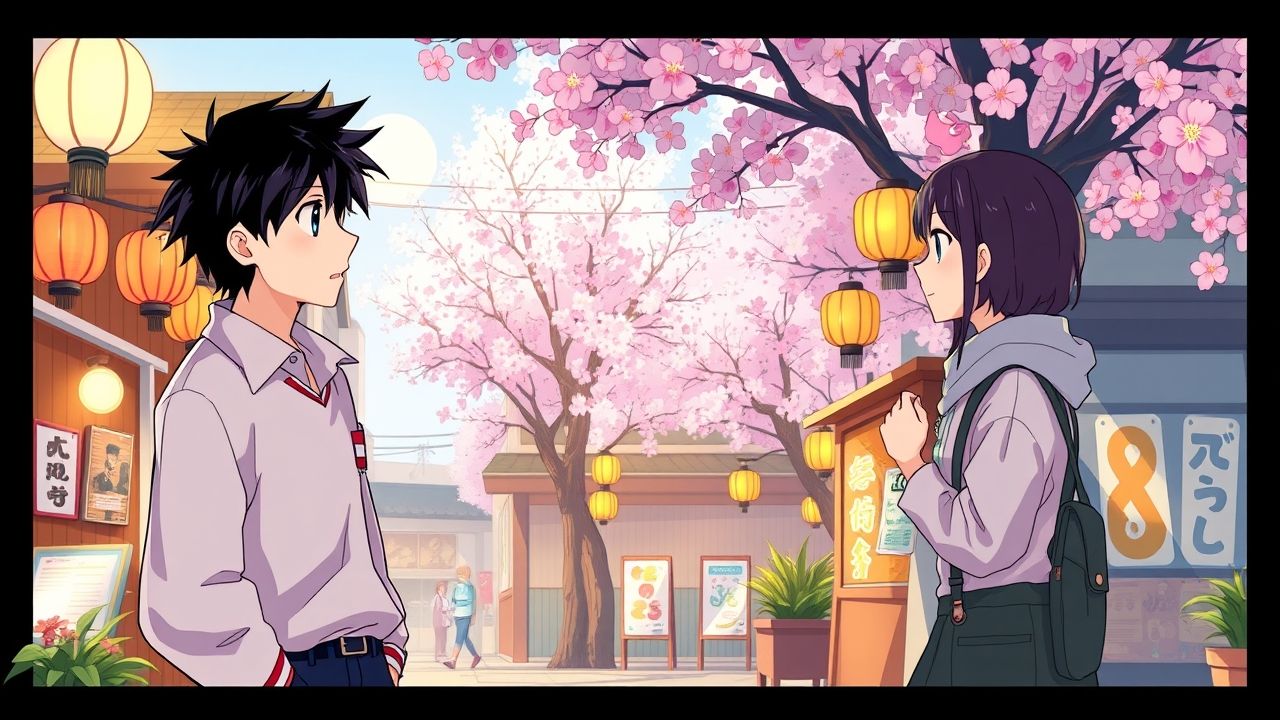
Stop calling Japanese people「あなた」!
Stop calling Japanese people「あなた」(anata) right now!
If you've lived in Japan for a long time, you've probably noticed something: Japanese people VERY RARELY use「あなた」in daily life. This is one of the biggest "traps" that textbooks don't warn us about. With 10 years of experience, I'll show you how to say "you" in the most natural and subtle way! 😉
Why is「あなた」a "dangerous" word? 🧐
In books,「あなた」is taught as "you", equivalent to "you" in English. But in reality, this word has a rather distant, and sometimes disrespectful, nuance.
- Creates distance: Using「あなた」with colleagues or friends sounds very cold, as if you're deliberately keeping a distance from them. 🧊
- "Superior" nuance: In some cases, when someone of higher status (boss, teacher) uses「あなた」with someone below them, it sounds very condescending.
- Used between spouses: This is the most common case where you hear「あなた」, when a wife calls her husband. If you use it with a stranger, they might find it a bit... strange. 😂
So what do Japanese people use instead?
This is the most important part. The secret is to NOT use personal pronouns but to call them by their name!
✨ The golden rule: [Person's name] + さん/ちゃん/くん
This is the most natural, polite, and 100% safe way.
Instead of saying:
❌ あなたの趣味は何ですか? (Anata no shumi wa nan desu ka?)
Hãy nói:
✅ 田中さんの趣味は何ですか? (Tanaka-san no shumi wa nan desu ka?)
When the other person already knows you're talking to them, you can even omit the subject entirely:
✅ 趣味は何ですか? (Shumi wa nan desu ka?) - This way is even more natural!
Other options (use with care!)
- 君 (kimi): Used when you're in a higher position (boss to employee, teacher to student, boy to girlfriend). It sounds quite intimate but can also be seen as "preachy". ⚠️
- お前 (omae): Very informal. Only use with extremely close friends (usually between boys) or when angry. Outsiders will find it very rude. NEVER use with older people or superiors. 💥
- そちら (sochira): In a business environment, when you want to politely ask about a partner without knowing their name, you can use「そちら」to mean "your company's side". This is an advanced technique that shows professionalism. 🏢
Summary
To communicate naturally like a Japanese person, remember:
- Minimize the use of
あなた. - Always prioritize calling
[Name] + さん. - In casual conversations, omit the subject to be concise.
A small change in how you address someone can make a big difference in creating a good impression and breaking down barriers with Japanese people. Try applying it today! 👍
Thẻ liên quan:
Lan tỏa kiến thức
Chia sẻ những điều hay ho với bạn bè